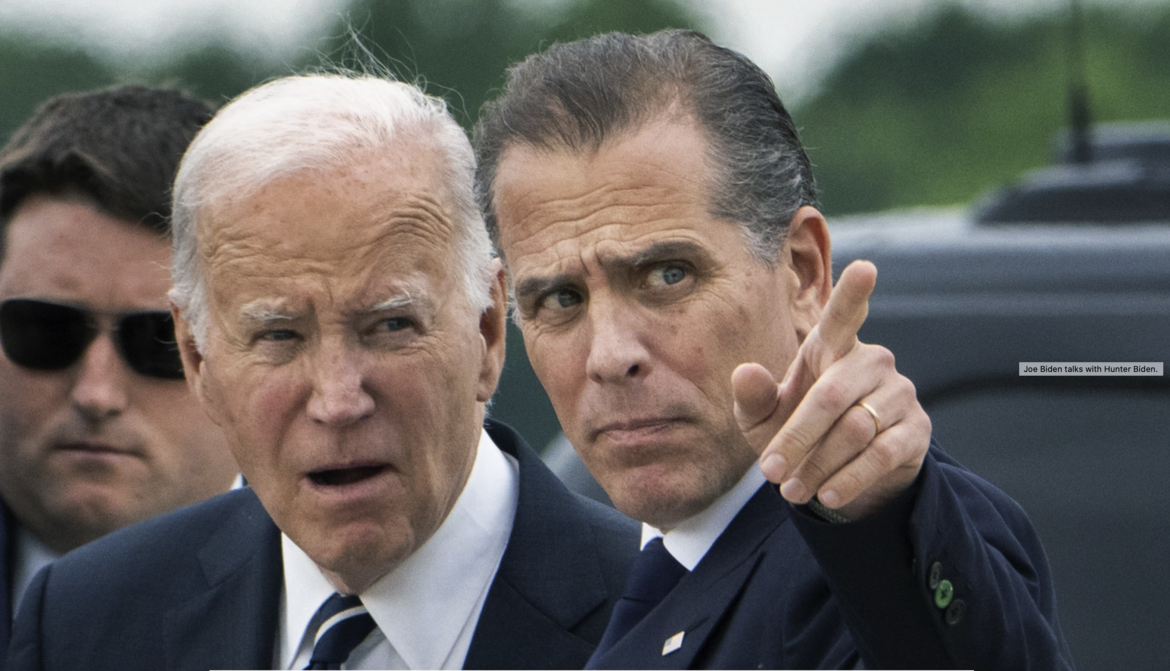President Biden’s pardon of his son Hunter Biden demonstrates the need for a constitutional amendment to limit the Presidential pardon authority granted by U.S. Constitution, Article II, Section 2.
The relevant language of Article II, Section 2 reads as follows: “The President … shall have Power to grant Reprieves and Pardons for Offenses against the United States, except in Cases of Impeachment.” As written, the pardon authority is broad and sweeping — too broad and sweeping.
Nothing in the wording of Article II, Section 2 precludes: (1) a pardon of a family member or other relative of the President; (2) a self-pardon of the President, except in cases of impeachment; (3) a pardon issued to preclude investigation and prosecution of federal offenses that have not yet culminated in a federal conviction; (4) a pardon based on bribery or other form of corruption; or (5) a carte blanche pardon that has the practical effect of allowing a person to engage in multiple federal crimes without having to face any legal consequences.
Although President Biden’s pardon of his son Hunter is not precluded by the language of Article II, Section 2, it is a cynical and brazen act that mocks (1) the rule of law; (2) the principle of equal protection of the law; and (3) the principle that a public servant should not engage in conduct that is self-dealing or exhibits favoritism to family members, personal friends, or people who have done favors for the public servant.
I respectfully suggest that a constitutional amendment be proposed and enacted (pursuant to U.S. Constitution, Article V) to limit the President’s pardon power. Such a proposed constitutional amendment should contain language along the following lines:
“Section 1. The President’s pardon power under Article II, Section 2 does not permit a President to issue the following: (1) a pardon of a family member or other relative of the President; (2) a self-pardon of the President; (3) a pardon for any federal offense that has not resulted in a federal conviction; or (4) a pardon for unspecified federal offenses that may have been committed.
“Section 2. Any pardon issued by the President that shall be null and void if it is legally proven in a federal court to have been issued (a) in violation of Section 1, or (a) issued based, in whole or in part, on bribery or other form of corruption.”


2 comments
absolutely. add it to the convention of the states proposal
Yes
Hunter Biden benefited in many ways from his father’s position of power.
To put it back in the lying Democrats face we can also look at it another way;
Deja Taylor (black Virginia woman) had to plead
guilty to lying about drug use on her firearms purchase application.
Hunter benefited from “white privilege”